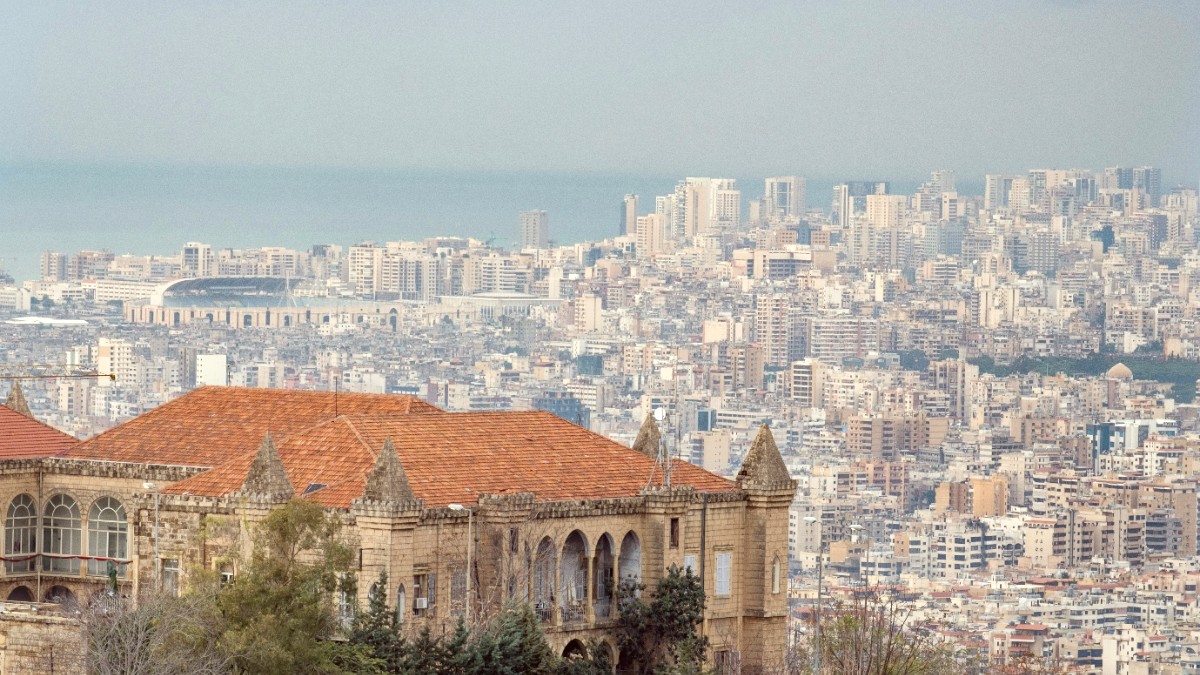
Lebanon
It is a city that lives life to the fullest. Discover its complexities and joys. From the buzzing nightlife of Mar Mikhael to the quiet contemplation offered by historical mosques and churches, Beirut is a distinct energy. Every street corner tells a story, and every meal brings a new flavor. Explore a destination that will surprise and inspire you, a city that welcomes you with open arms and leaves a lasting impression. Beirut is more than just a place to visit; it is an experience to live.
Beirut's history spans over 5,000 years, making it one of the oldest continuously inhabited cities globally. Its strategic coastal location meant it was sought by many empires, each leaving its architectural and cultural mark.
Phoenicians, Romans, Byzantines, Crusaders, Mamluks, and Ottomans all held Beirut at different times. The city was a Roman colony, then an important Byzantine law hub. During the Ottoman era, it grew into a major port and administrative center. This layered past is visible throughout Downtown Beirut, where Roman baths and Crusader foundations sit beneath modern streets. The city suffered greatly during the Lebanese Civil War (1975-1990), but its post-war reconstruction has transformed much of the central district. This history of destruction and rebirth defines Beirut, lending it unique strength and a profound appreciation for life. Museums and archaeological sites connect visitors to these past eras, allowing exploration through centuries of human endeavor.
Beirut holds contrasts, where tradition meets modernity. The Downtown area boasts a meticulously restored heritage, with grand Ottoman and French Mandate-era buildings alongside sleek, contemporary architecture. Here you find luxury shopping, waterfront dining at Zaitunay Bay, and significant religious sites like the Mohammad Al-Amin Mosque and St. George Maronite Cathedral.
Head to Hamra for a bustling, intellectual vibe, home to the American University of Beirut. This area is known for its cafes, bookstores, and a mix of international and local eateries, offering a look into daily Beirut life. For a taste of Beirut's famous nightlife and artistic scene, Gemmayze and Mar Mikhael stand out. These neighborhoods feature charming Ottoman-era buildings, now housing trendy bars, art galleries, and boutique shops.
The food scene in Beirut stands out, from delicious and affordable street food like falafel and shawarma to high-end dining experiences.
Lebanese hospitality is renowned; you will often find yourself welcomed with warmth and generosity.
The city faces economic challenges, but its people stay resilient and welcoming, keeping a lively spirit that is contagious.
Beirut embraces its past while constantly looking towards the future, making it a captivating destination for travelers.
It is a place that offers something for every visitor, a fusion of history, culture, and modern vibrancy.
Beirut's location positions it within easy reach of Lebanon's diverse landscapes. Explore the ancient ruins of Byblos, stroll through the historical city of Tyre, or visit the vineyards of the Beqaa Valley.
Getting around Beirut can be a dynamic experience. Options include shared taxis (serviis), private taxis, and ride-sharing apps, each offering a distinct way to navigate the city's streets.
While in Beirut, staying connected is simple with various mobile phone compatibility and SIM card options. Wi-Fi is widely available in hotels and cafes, keeping you in touch with home.
Beirut awaits, a city of timeless charm and contemporary spirit.
Beirut offers a myriad of experiences. Beyond its historical landmarks, discover its thriving arts scene, markets, and welcoming local communities.
Each district holds its own character, inviting exploration and discovery.
Discover urban parks and nature spots within the city limits.
Savor diverse flavors from street food to fine dining.
Immerse yourself in Beirut's art galleries and cultural institutions.
Careful preparation for your Beirut trip makes for a smoother visit. Consider documents and health items.
Check visa requirements for your nationality well before travel. Some countries qualify for a visa on arrival, while others require advance applications. Have correct documentation to hand.
The local currency is the Lebanese Pound (LBP). Carry US Dollar cash, as it is widely accepted and often offers a better exchange rate on the parallel market. Credit card acceptance varies.
Be aware of your surroundings, especially in crowded areas. Avoid border regions. Travel insurance is highly recommended for medical and unexpected events.
Travelers with Israeli visas or stamps in their passport will be denied entry to Lebanon. Consider a new passport if you have visited Israel. This policy stands for all nationalities.
Tap water in Beirut is not safe for drinking. Only consume bottled water, which is widely available. Be cautious with ice unless you confirm it comes from purified water.
Lebanon uses 220V. Power outages can occur. Many establishments have generators. A Portable power bank is a valuable item.